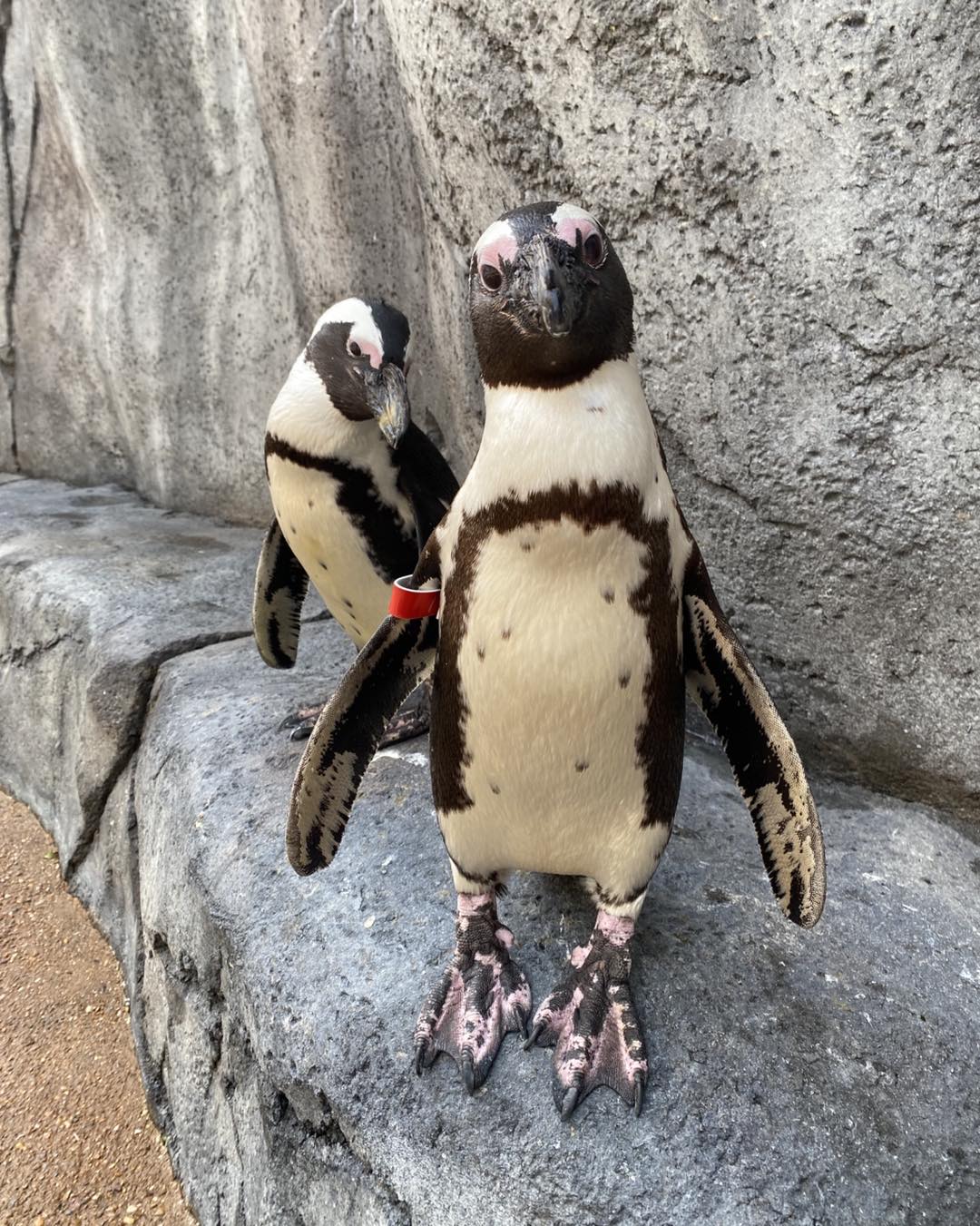- African Penguins are the only species of penguins native to Africa, found along the southern coasts of South Africa and Namibia.
- Known for their donkey-like braying calls, African Penguins use these sounds during courtship and are largely monogamous.
- This species is critically endangered due to habitat loss, prey depletion, invasive species, and pollution.
- Conservation organizations like African Penguin SAFE and SANCCOB are actively working to protect these penguins.
- Individuals can aid conservation efforts by reducing plastic use, recycling, and choosing sustainably sourced seafood.
African Penguins, also known as Spheniscus demersus, are the only penguin species native to Africa. They inhabit the rocky shores of South Africa and Namibia, thriving in a marine environment distinct from the icy habitats often associated with their Antarctic relatives. Their presence on the African continent is not just a fascinating anomaly; it highlights the adaptability of the penguin family to diverse climates and regions.
African Penguins are instantly recognizable by their black and white plumage, earning them the nickname "jackass penguins" due to their donkey-like braying calls. These calls form an essential part of their social interactions, particularly in courtship displays. Penguins in this species are predominantly monogamous, with about 80-90% of pairs remaining together year after year. This enduring partnership plays a vital role in successful breeding and chick rearing.
Sadly, African Penguins are the most endangered of all penguin species. Numbers have drastically declined due to a combination of threats. Habitat loss, primarily due to human encroachment and urban development, has significantly impacted their breeding sites. Additionally, the depletion of their primary prey, which includes sardines and anchovies, exacerbates their struggle for survival. Overfishing and changing sea temperatures have contributed to this decline in prey availability.
Invasive species pose another threat, as predators such as domestic cats and rats often prey on penguin eggs and chicks. Pollution, especially from oil spills, severely affects penguins by damaging their plumage, which compromises their ability to regulate temperature and swim efficiently.
Conservation efforts are critical in preventing the extinction of this beloved species. Initiatives by organizations like African Penguin SAFE and SANCCOB focus on habitat restoration, rescue and rehabilitation of injured penguins, and public education. These organizations conduct breeding programs, clean up oil spills, and actively monitor penguin populations to ensure effective conservation strategies.
Individuals can make a difference in conservation efforts. Reducing plastic use and improving recycling habits can diminish the environmental hazards that adversely affect penguin habitats. Choosing seafood from sustainable sources can help protect the penguin’s food supply. Resources such as the Seafood Watch website can guide consumers in making environmentally friendly choices.
Scientific research is essential to understanding and adapting conservation methods. Studies on penguin behavior, breeding patterns, and dietary habits provide insight into the challenges faced by African Penguins. By sharing knowledge with local communities and engaging in global advocacy, conservationists aim to inspire collective action to safeguard these unique creatures.
Educational programs play a significant role in raising awareness. Schools, zoos, and wildlife organizations can engage the public by highlighting the plight of the African Penguins and showcasing the broader implications of biodiversity loss. Encouraging tourist activities that support conservation efforts can also help fund crucial initiatives while educating visitors about the importance of preserving our natural world.
The plight of the African Penguin underscores the interconnectedness of ecosystems and the urgent need for holistic conservation planning. Protecting these penguins requires a multifaceted approach, balancing the needs of wildlife with human interests and developments. By fostering collaboration across borders and disciplines, we can work towards a future where African Penguins thrive not just as a symbol of resilience but as a testament to effective environmental stewardship.
*****
Source Description
African Penguins are the only species of penguins native to Africa, and are found along the southern coasts of South Africa and Namibia. They are known for their donkey-like braying calls, which they use as part of a courtship display. Did you know that African Penguins are considered monogamous and mate for life? About 80-90% of pairs stay together year after year!
African Penguins are also, sadly, the most endangered penguin species in the world and are threatened by habitat loss, prey depletion, invasive species, and pollution. Without significant intervention, this charismatic Critically Endangered species could go extinct within the next 10 years. However, organizations we work with such as the African Penguin SAFE and SANCCOB are working to protect and conserve them.
So what can you do to help? Some simple ways you can help African Penguins are to reduce plastic use, recycle when you can, and make sure the seafood you eat is sustainably sourced, which you can check using the Seafood Watch website!


